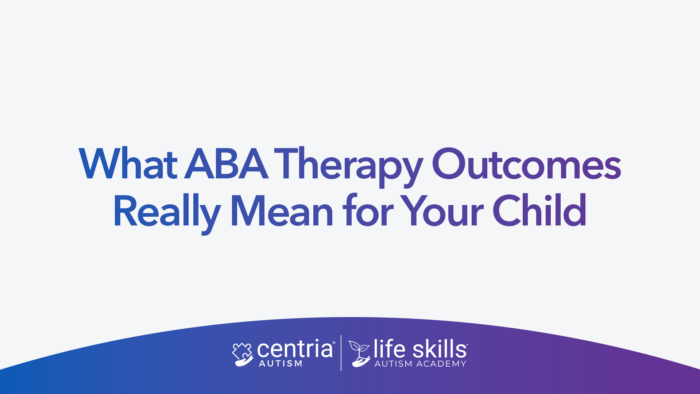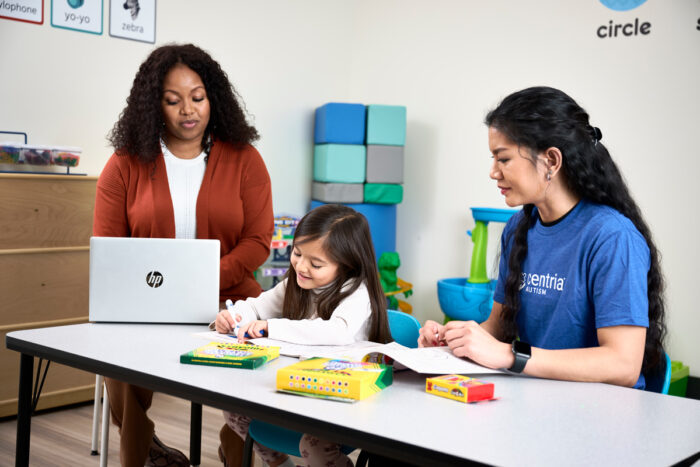Becoming a BCBA is a major milestone, a combination of hours of academic work, supervision, and passing the exam. But many of us quickly discover that the certification is just the beginning. One of the most challenging, yet rewarding, roles we step into is that of a supervisor.
My experience was somewhat unique in that I spent my first few years as a BCBA continuing direct work with clients. To be honest, the thought of taking on the responsibility of my own caseload and training and guiding behavior technicians was scary to me! Once I dove in, there were many lessons I learned quickly. Here are some that I wish I’d known before I started:
Relationship Building is Crucial
I used to assume that as long as I was providing accurate information and constructive feedback, the supervisory relationship would naturally be effective. Through experience, I found that this is not the case! A high quality supervisory relationship is built on mutual trust, respect, and clear communication. Supervisees need to feel psychologically safe to ask questions, admit mistakes, and try new things. That kind of environment must be intentionally cultivated by effective communication, mutual feedback, and transparency.
Feedback Requires More Than Just Delivery
I used to believe that the key to helping others improve was simply delivering feedback clearly and immediately, and that it should come in a “one size fits all” package. I’ve since learned that how the feedback is received is just as important, and that supervisees’ preferences related to this, matter. It took time to recognize the importance of adjusting my approach based on the supervisee’s needs, history with feedback, and cultural context. I now view feedback as a two way street, and prioritize asking supervisees how they prefer to receive it and working together to make the process collaborative.
Supervision Without Systems Leads to Burnout
Without structure, supervision can feel overwhelming. Especially when you’re juggling multiple clients and supervisees, schedule changes, and documentation requirements. Eventually, I developed systems for scheduling, documentation, competency assessments, and feedback delivery. I used trial and error to develop effective tools to stay organized, and started planning supervision sessions with the same intentionality as I planned client programs. The result was better outcomes, reduced stress, and more intentional supervision time.
You Won’t Know Everything, and That’s Okay!
Early on, I felt pressure to be the expert on all things at all times. If a supervisee asked me a question I didn’t know the answer to, I worried that it made me look unqualified. Now, I’ve learned that pretending to have all of the answers can actually be what leads to damaged credibility. Since I learned this lesson, when I don’t know something, I say so! But I don’t stop there, I communicate with the supervisee what my plans are to find the information, and model how to seek consult and review resources collaboratively. Modeling humility in this way helps our supervisees feel confident to do the same.
Supervision is one of the most impactful roles we take on as BCBAs. We have the opportunity to influence the quality of service our clients receive, shape the next generation of practitioners, and strengthen the foundation of our field. But supervision requires more than just technical knowledge, it requires us to be thoughtful educators, supportive mentors, and reflective practitioners. I wish I’d known this earlier, but I’m grateful for the lessons I’ve learned along the way. If you’re someone who’s just about to dive into supervision, remember, the best supervisors never stop learning!
About the Author:
This blog was written by Victoria Fay. Victoria is a Board Certified Behavior Analyst and serves as a Director of Clinical Services for the Albuquerque, NM center. She received her Master’s in Educational Psychology with an emphasis in Applied Behavior Analysis from Baylor University. Victoria currently resides in Hutto, Tx, with her husband and two cats. She is passionate about supporting clinicians in delivering high quality ABA therapy for the families Centria serves.






